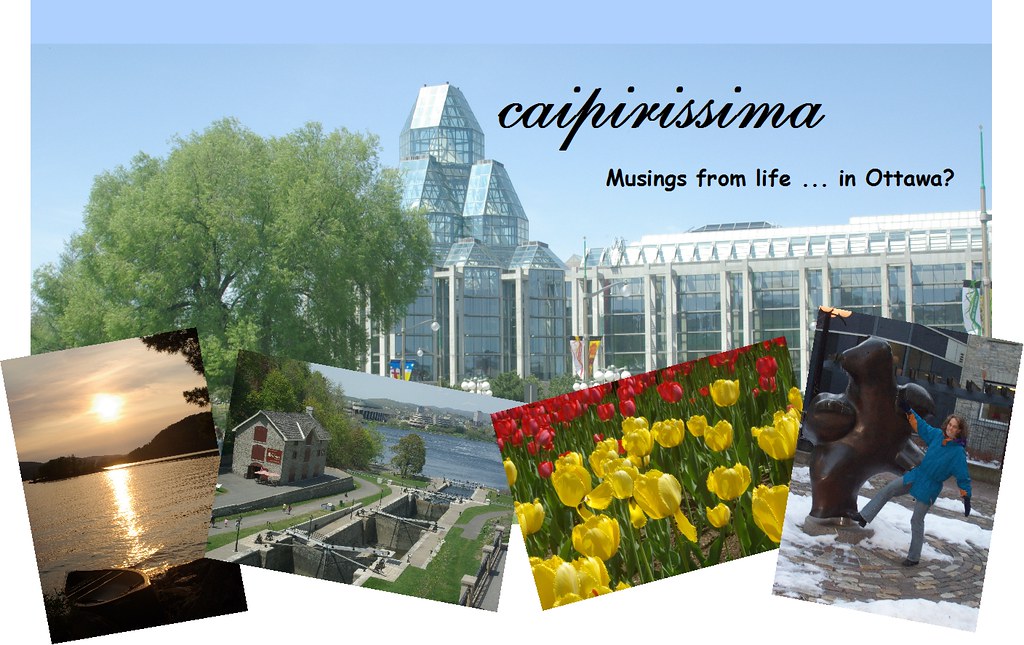Quality of Living
Mercer Human Resource Consulting has just released their annual Quality of Living survey which compares 215 cities around the world using 39 different criteria including:
→ Political and social environment (political stability, crime, law enforcement, etc);
→ Economic environment (currency exchange regulations, banking services, etc);
→ Socio-cultural environment (censorship, limitations on personal freedom, etc);
→ Medical and health considerations (medical supplies and services, infectious diseases, sewage, waste disposal, air pollution, etc);
→ Schools and education (standard and availability of schools, etc);
→ Public services and transportation (electricity, water, public transport, traffic congestion, etc);
→ Recreation (restaurants, theatres, cinemas, sports and leisure, etc);
→ Consumer goods (availability of food/daily consumption items, cars, etc);
→ Housing (housing, household appliances, furniture, maintenance services, etc); and
→ Natural environment (climate, record of natural disasters).
As it turns out Canada did well, with all five cities in the survey ranking in the top twenty-five. Brazil, on the other hand didn’t do quite as smashingly, with Sao Paulo and Rio ranking 148 and 167 respectively. Not surprisingly, Baghdad was ranked the city with the lowest Quality of Living. Switzerland, Austria, and Germany had many of the top cities, the top four being Geneva, Zurich, Vancouver, and Vienna. Toronto, Ottawa, and Montreal came in positions 14, 20, and 22 respectively. New Zealand and Australia did pretty well as well with Auckland, Sydney, Wellington, Melbourne, Perth, and Adeliade ranking in the top twenty-five. Now, I do have to call into suspect any survey which ranks Montreal below both Toronto and Ottawa (what can I say? Once a Montrealer, always a Montrealer ...), which is why I was happy to read on Mercer’s site that Quality of Living and Quality of Life, are in fact, two very different things.
According to Mercer, "the Quality of Living index is based on several criteria used to judge whether an expatriate is entitled to a hardship allowance. A city with a high Quality of Living index is a safe and stable one, but it may be lacking the dynamic je ne sais quoi that makes people want to live in world-renowned cities such as Paris, Tokyo, London, or New York. Sometimes you need a little spice to make a city exciting. But that "spice" may also give a city a lower ranking."
And this is why, the following survey is a much better indicator of quality of life. A much more accurate survey, Air Canada’s EnRoute magazine ranked twenty-four cities in the world according to five criteria: the beer/soft drink price ratio; the signature carbohydrate comparison (with a Parisian croissant as a baseline); the good-looking people factor; streetlife indicator; and the public order index, which essentially means the more jaywalking, the higher the quality of life. With these in mind, the top five cities for the quality of life are Rio, Rome, Paris, Mexico, and Amsterdam. Ah, that’s more like it!


2 Comments:
Furley- you failed to mention that in the EnRoute survey Toronto STILL came out in front of Montreal. It is difficult to believe that the Tim Horton's crueller came out in front of the Farimont Bagel (that has to be what Montreal's signature carb is), but still, science is science. Montrealers are so uppity anyways about their town...
Oops ... I was hoping that no one would dig that deep! Hard to imagine, but there must be a logical explanation for it all!
Post a Comment
<< Home